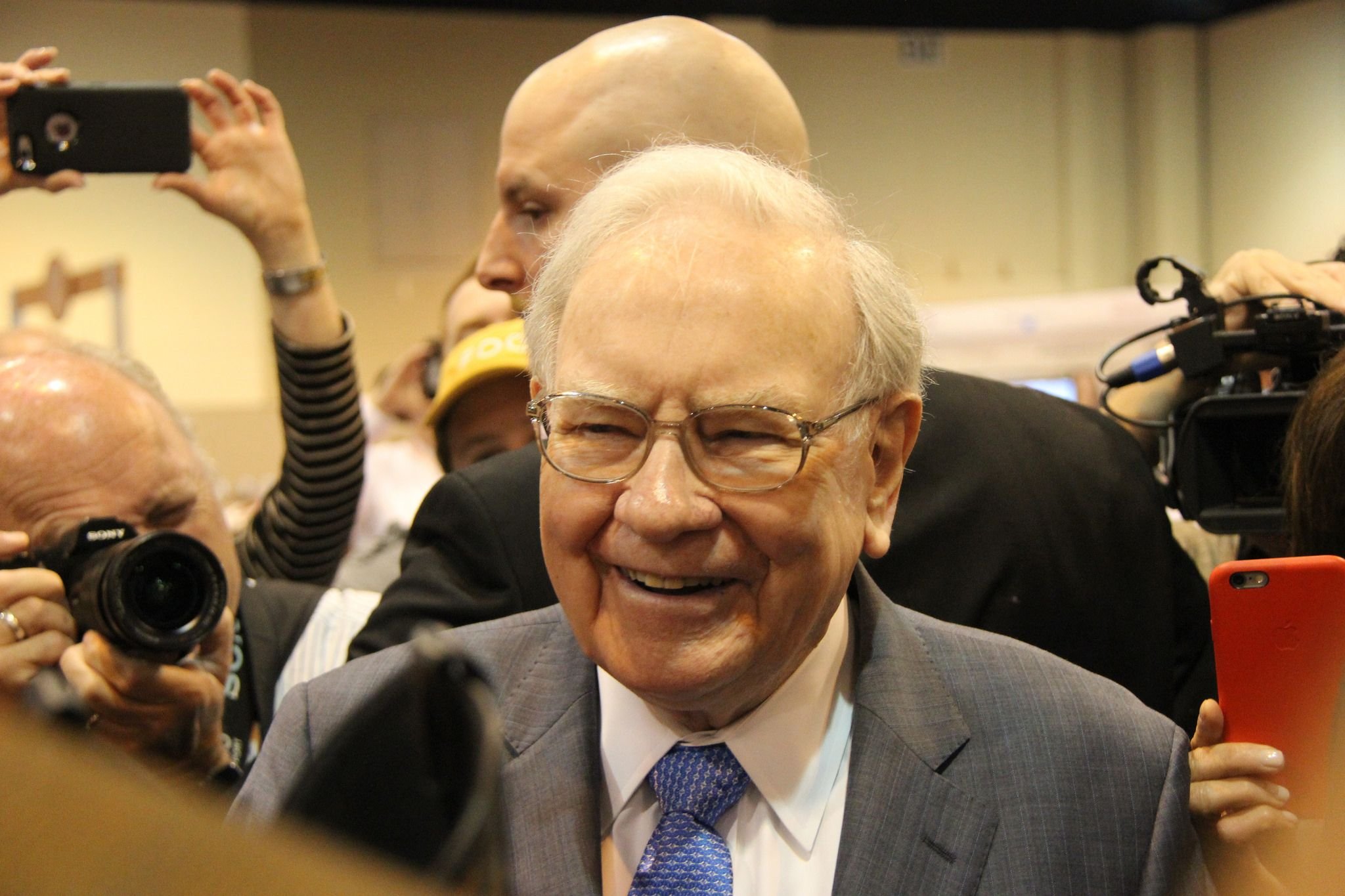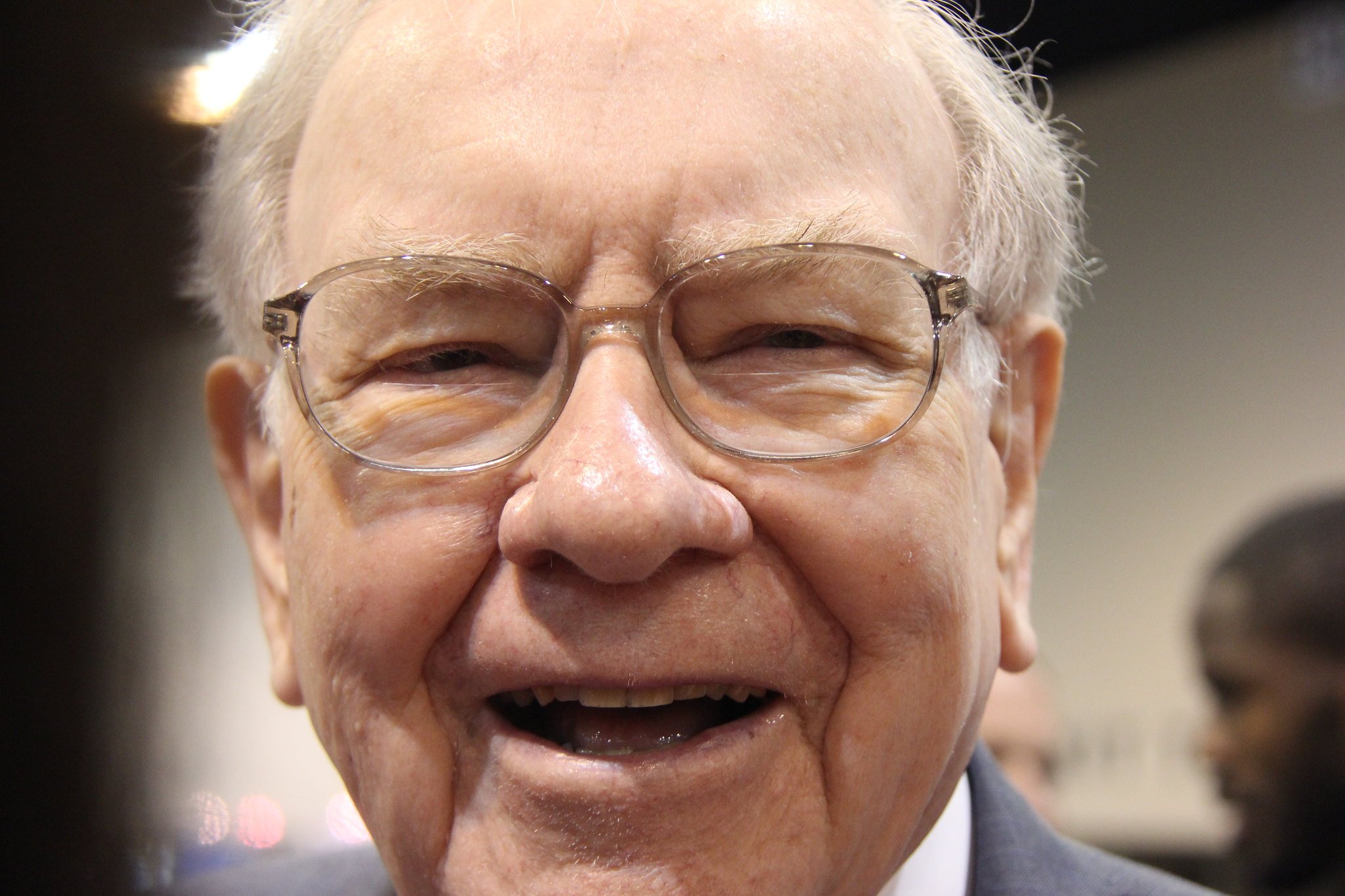Warren Buffett recently announced that he'll be stepping down as CEO of Berkshire Hathaway (BRK.A 0.08%)(NYSE: BRK.B) at the end of 2025, handing the reins to Vice Chairman Greg Abel. This has caused many investors to wonder if the company is still worth owning, with the post-Buffett era on the horizon.
Could Berkshire continue to be a market-beating investment for years to come? Specifically, could Berkshire Hathaway double your investment by 2030, even without the legendary billionaire investor at the helm?
As of this writing, Berkshire Hathaway trades at a market cap of about $1.05 trillion, so doubling would mean a valuation of approximately $2.1 trillion. This is certainly in the realm of possibilities. After all, there are five companies worth more than $2 trillion today.

Image source: The Motley Fool.
Could it get there by 2030? Here's a look at the math.
For simplicity's sake, I'll say that we're halfway through 2025, which means that the start of 2030 is 4.5 years away. For a stock to double in 4.5 years, it would require annualized growth of about 16.7%.
This definitely is less than Berkshire's long-term average growth rate of about 20% but would be significantly higher than the long-term total return of the S&P 500, which is approximately half of that.
A lot would need to go right
For Berkshire stock to double by 2030, it would likely need most (if not all) of the following things to happen:
- Berkshire's operating earnings (from its subsidiaries) would need to grow at a double-digit rate, especially when it comes to underwriting profits from insurance (GEICO and others).
- The company's stock portfolio would need to produce double-digit annualized returns.
- The conglomerate would need to find something productive to do with its $348 billion cash stockpile, especially if interest rates decline and it isn't generating as much interest income.
- Interest rates need to gradually trend lower for the next few years, which is typically a positive catalyst for stock valuations.
- The United States economy needs to avoid a deep recession for the next five years.
A lot of this is outside Berkshire's control. Even Warren Buffett can't completely control what the stock portfolio will do in any 4.5-year period, and things like interest rates and recessions are tough to predict.
However, Berkshire's operating businesses have been performing nicely lately and are trading at a low valuation. If you back the value of Berkshire's cash and stock portfolio out of its market cap, the operating businesses are trading for less than 15 times earnings, so there's a good case to be made that they're a bargain investment right now.

NYSE: BRK.B
Key Data Points
What about the Buffett factor?
As a final thought, it's important to keep in mind that when Buffett steps down at the end of 2025, not much is changing. Ajit Jain will still be in charge of the massive insurance business, Abel already is in charge of everything else, and each of Berkshire's subsidiaries has its own leadership team in place and operate with very little oversight.
The biggest changes will be that Abel will have final say when it comes to Berkshire's cash stockpile -- although all indications are that he'll be just as disciplined as Buffett -- and portfolio managers Ted Weschler and Todd Combs will likely control more of Berkshire's stock-picking decisions.
Not only is Berkshire going to be largely running the same as it does now, but I'd argue that the "Buffett premium" is largely priced out of the stock. Since he announced his intention to step aside, Berkshire's stock price has declined by about 10%, despite a generally strengthening market environment.
In a nutshell, although there are several factors outside of Berkshire's control (like stock portfolio performance), it's entirely possible for Berkshire to double by 2030 -- even without its legendary CEO at the helm.






